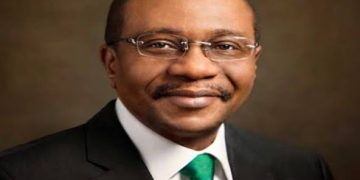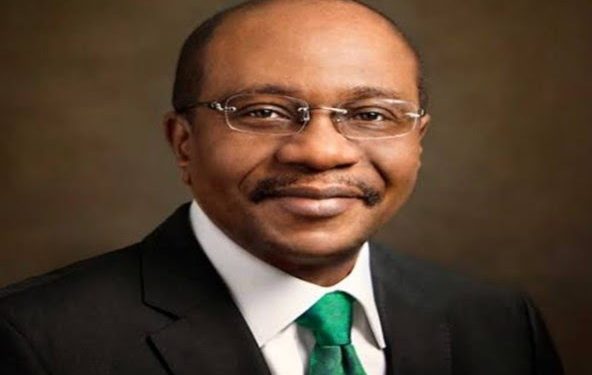An investigator with the Economic and Financial Crimes Commission (EFCC), Chinedu Eneanya, testified on Thursday at the Federal Capital Territory High Court in Maitama, stating that former Central Bank of Nigeria (CBN) Governor, Godwin Emefiele, failed to comply with a directive from former President Muhammadu Buhari regarding the 2022 naira redesign contract, which was supposed to be awarded to a local company.
Eneanya, serving as the seventh prosecution witness, was led in evidence by EFCC counsel Rotimi Oyedepo (SAN). He disclosed that four former CBN Deputy Governors—Adesonubi Folasodun, Adamu Edward, Kingsley Obiora, and Aisha Ahmed—were questioned about their roles in the redesign process.
“The presidential directive outlined in the official memo was completely disregarded,” Eneanya stated.
Emefiele is facing a four-count charge related to the unauthorized redesign of the N200, N500, and N1,000 banknotes. The EFCC alleges that he went ahead with the redesign without obtaining approval from both the President and the CBN Board, leading to financial losses.
Eneanya further testified that the banknotes currently in circulation differ from the version authorized by Buhari. He explained that the approved design was meant to incorporate security features such as a QR code and specific color modifications, which Emefiele did not implement. Instead, he introduced an alternative design and pursued the project within an unrealistic timeframe.
The investigator also claimed that Emefiele violated a direct presidential order by outsourcing the redesign and printing of the naira notes to De La Rue, a UK-based company, despite Buhari’s directive for the process to be handled locally.
“The British company was paid £205,000—over N111 million at the exchange rate at that time—just for the design work,” Eneanya revealed.
He emphasized that these decisions resulted in significant financial losses, as funds were spent on a project that did not adhere to the approved guidelines.
During cross-examination, Emefiele’s lawyer, Olalekan Ojo (SAN), objected to the claim that the former CBN governor had “disobeyed” Buhari, arguing that Eneanya was not in a position to make such an assertion. However, presiding judge Justice Maryanne Anenih overruled the objection, allowing the testimony to continue.
The prosecution then requested additional time to present electronic evidence and arrange virtual testimonies from two UK-based witnesses. The defense objected, insisting on a formal application.
The court, however, ruled that the EFCC had already submitted the witnesses’ names and their expected testimonies in an earlier filing. As a result, Justice Anenih permitted the virtual testimonies and adjourned the trial to April 29 for further proceedings.















